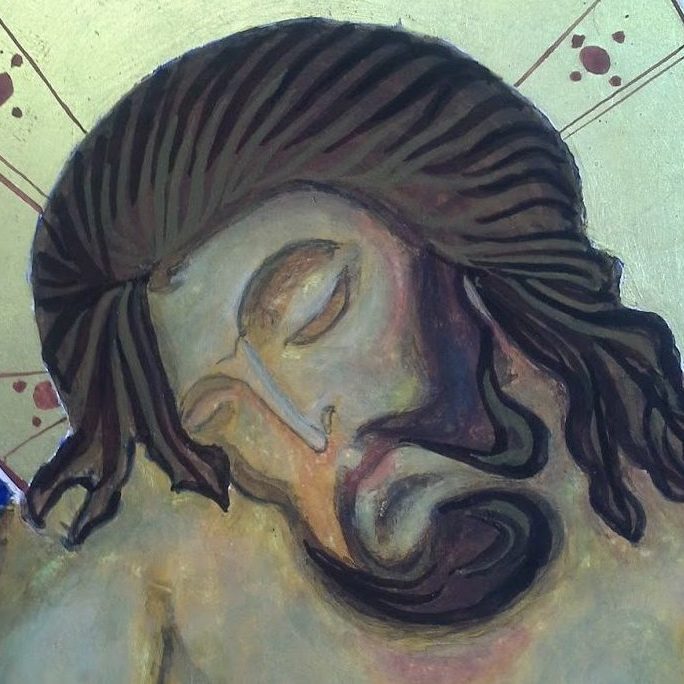Remember that you are dust and to dust you shall return. Turn away from sin and be faithful to Christ.
These are the ancient words of Ash Wednesday, uttered today by Priests around the world on this, the first day of Lent.
Today we face our mortality. The second chapter of Genesis tells an ancient story, its origins lost in the mists of time, of God creating Adam from clay, from dust. This was a story written to express the belief that, although we are born of dust, and will return to dust, we were fashioned by the divine hand and that our life is spirit filled – God breathed into Adam’s nostrils to give him life – breath.
These two attributes of life, what we might call the earthly and the heavenly, or mortality and the immortality, are held together in our bodies all our lives. So, today, on Ash Wednesday we remember our humanity – a word which derives from the word for soil, earth. But we are also reminded of our divinity – our destiny, and the spark or breath of God deep within.
Our earthliness gets a bad press. We associate it with corruption, sin, death. But let us not forget that when God made the world, including us, God saw that it was good. It isn’t our humanity in itself which has gone wrong, but what we do with it. And it is that to which we will turn our minds on Ash Wednesday
The reminder of our mortality – the dust to which we shall return – focuses our minds and reminds us that, one day we will stand before our Maker, in whom there is no sin.
Today is a time to stop and think. What is wrong in our lives? What do we do that harms us, diminishes us, makes us less than the people God intended us to be. When we have spent time thinking about these things, then we’ll know what our discipline should be in Lent.
Most people return to their favourite sins, bad habits, often. Sometimes they niggle away inside our heads until we’re worn down and give in. But often our sins are things we don’t even notice – ways of relating to people that are negative and unhelpful, mannerisms that show us at less than our best, ways of behaviour which damage ourselves and others. And then there are things born of abuse and cruelty, which are so hard to shake off, and which leave us feeling broken and helpless.
In our service today, as we bring our naked souls before God, as well as forgiveness, we can ask for God’s healing love to touch our lives.
You know, some miracles take a long time to work within us. We may well be back here next year with the same temptations, the same habits, the same rough edges in our souls.
In all this we must remember that original delight which God took in us when we were made and God saw that it was good – we were good. God’s delight in us, God’s love for us is not damaged by our faults we have or the damage we have sustained. God still looks at us with that original love and delight. Our healing and our repentance spring from a belief in this love.
Jesus came to be with us, to be our brother and friend. To share in the struggle, to know what it is to be hungry, lonely, tempted. We have a God who not only loves, but understands very personally what the frailty of our humanity.
It is to this God, the one who loves, and who shares our humanity, knows our frailty – to this God we bring our very selves as we turn to self-examination and confession. Amen
Tweet
